On July 25, 2025, Minister of Science and Technology Nguyen Manh Hung and the working delegation of the Ministry of Science and Technology had a direct and online working session with 16 points of connection of units in the Telecommunications sector including the following units: Department of Telecommunications, Department of Radio Frequency (TSVTĐ), Vietnam Internet Center (VNNIC), Central Post Office and Vietnam Public Telecommunications Service Fund (VTCI).
Also attending the meeting were Deputy Minister Pham Duc Long and leaders of several units under the Ministry of Science and Technology.
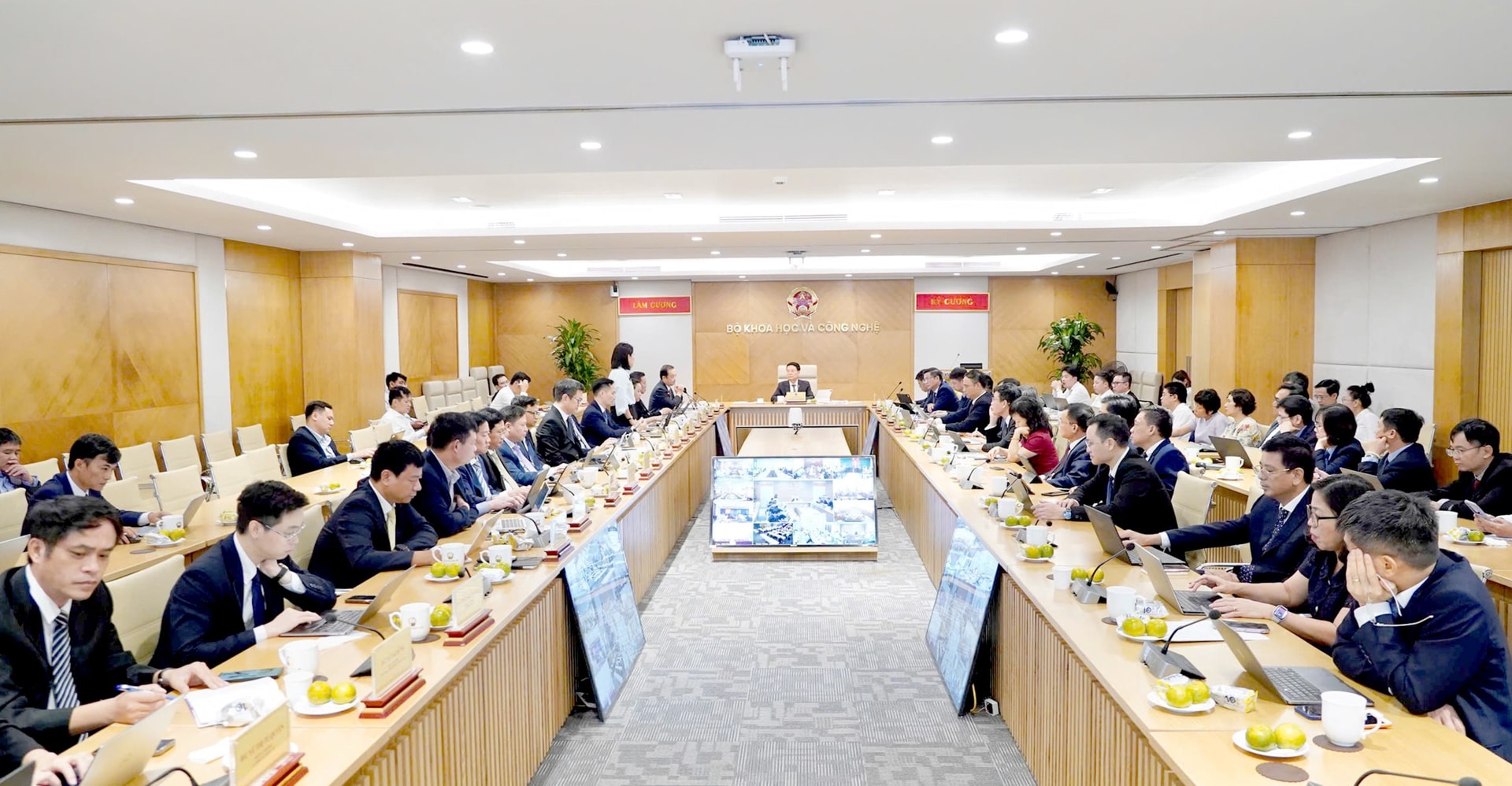
Minister Nguyen Manh Hung chaired the meeting.
Some outstanding results
At the meeting, leaders of 5 units in the block reported some outstanding performance results in the management field.
Mr. Nguyen Thanh Chung, Director of the Department of Telecommunications, said that total revenue from the telecommunications sector in 2024 reached more than 145,000 billion VND, an increase of 2.31% over the same period.
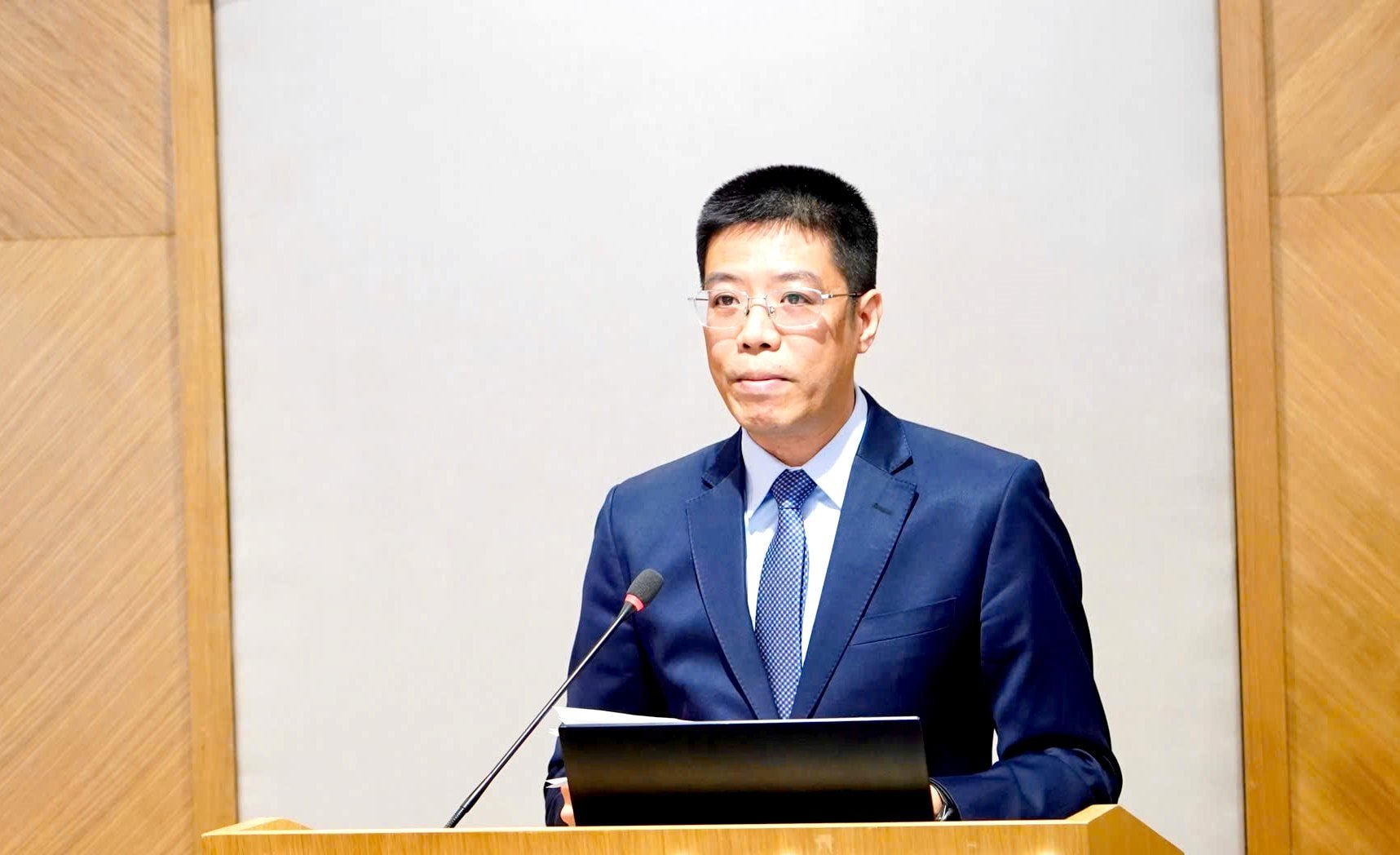
Director of the Department of Telecommunications Nguyen Thanh Chung reported at the meeting.
The IDI telecommunications infrastructure index increased by 6 places to 72 in the world . Vietnam currently has 6 active submarine cable lines (AAG, IA, AAE-1, APG, ADC, SJC2), 41 data centers, and 16 service providers. Vietnam has deployed more than 12,263 5G stations (nearly 10.3% of 4G stations), 100% of provinces and cities cover 26% of the population with more than 12 million 5G subscribers...
Regarding the work of TSVTĐ, Mr. Le Van Tuan, Director of the TSVTĐ Department, said that the unit has successfully conducted 4 auctions; Adding 320MHz for 5G deployment (an increase of 94% compared to before the auction). Vietnam ranks 4/10 in ASEAN in terms of allocated spectrum (up 5 places compared to 2023). Vietnam is in the top 19 in the world, top 3 in ASEAN in terms of mobile Internet speed.
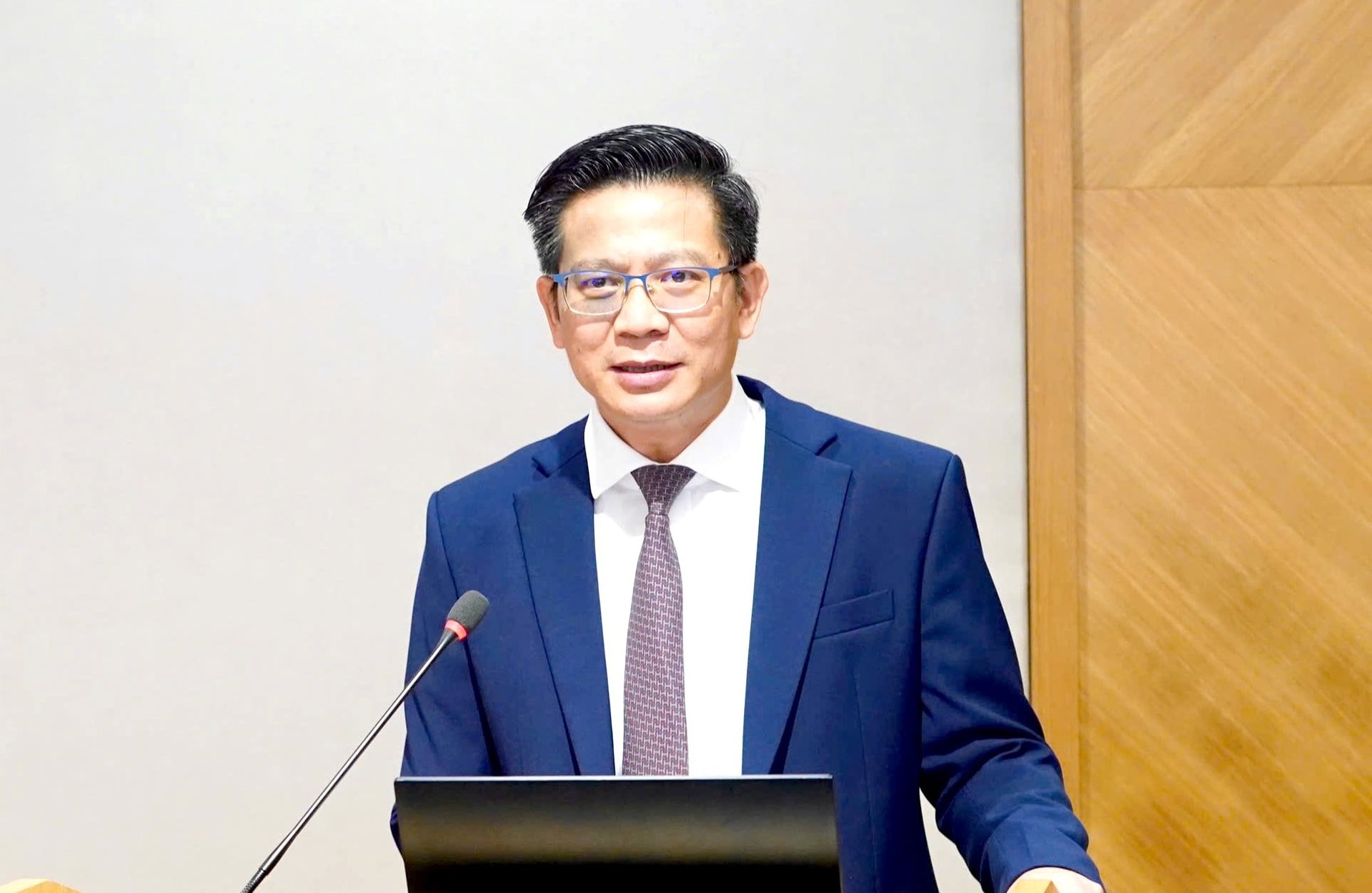
Director of the Department of Information and Communications Le Van Tuan.
Director Le Van Tuan emphasized that the unit has made a breakthrough in managing TSVTĐ, shifting the mindset from purely technical management to economic-technical.
As the unit that brings TSVTĐ into life, the Department is always concerned about the impact of radio waves on people's health. The Department has built an Electronic Information Portal on Electromagnetic Field (EMF) exposure to monitor objectively, support agencies in objectively monitoring electromagnetic field exposure, and help improve management capacity; Enhance community trust: provide survey information and publish on EMF exposure levels... in accordance with recommendations of international organizations: ITU, ICNIRP, WHO...
Regarding the activities of the Central Post Office, Director Tran Duy Ninh said that the unit has upgraded technology, enhanced the capacity of the core layer, the dedicated data transmission network distribution layer (TSLCD); and established the KT1 Postal Monitoring Center.
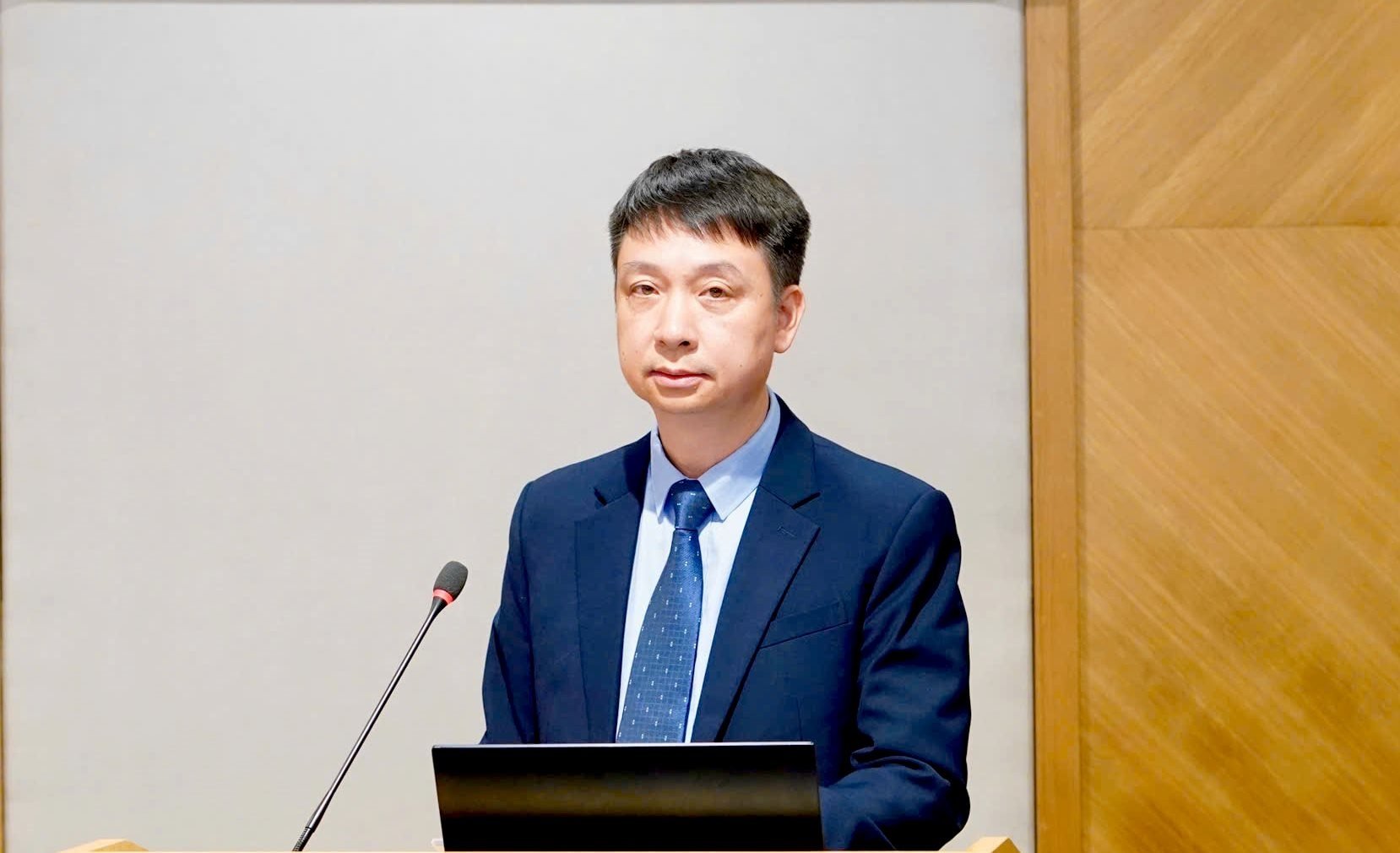
Director of Central Post Office Tran Duy Ninh.
The Department carries out many urgent tasks such as coordinating and urging the deployment of the Party agency's network within 2 weeks, connecting the network down to communes and wards, ensuring uninterrupted infrastructure when arranging the 2-level apparatus...
Regarding VNNIC's operations, Director of the Center Nguyen Hong Thang said that VNNIC has ensured 100% of technical systems, DNS services, VNIX, and resources are safe and stable, ensuring service quality commitment SLA (99.999%).
The unit has developed and mastered an open digital platform, including platforms such as i-Speed: Measuring speed, resource efficiency, IPv6 connection; Internet Atlas: Monitoring, statistics, planning, developing the Internet, digital infrastructure; SRS-EPP: 100% of records are digitized, authenticated, eKyc; IPMS internationally connected, 100% reporting, online management; DNS abuse: Reflecting, handling domain name abuse...
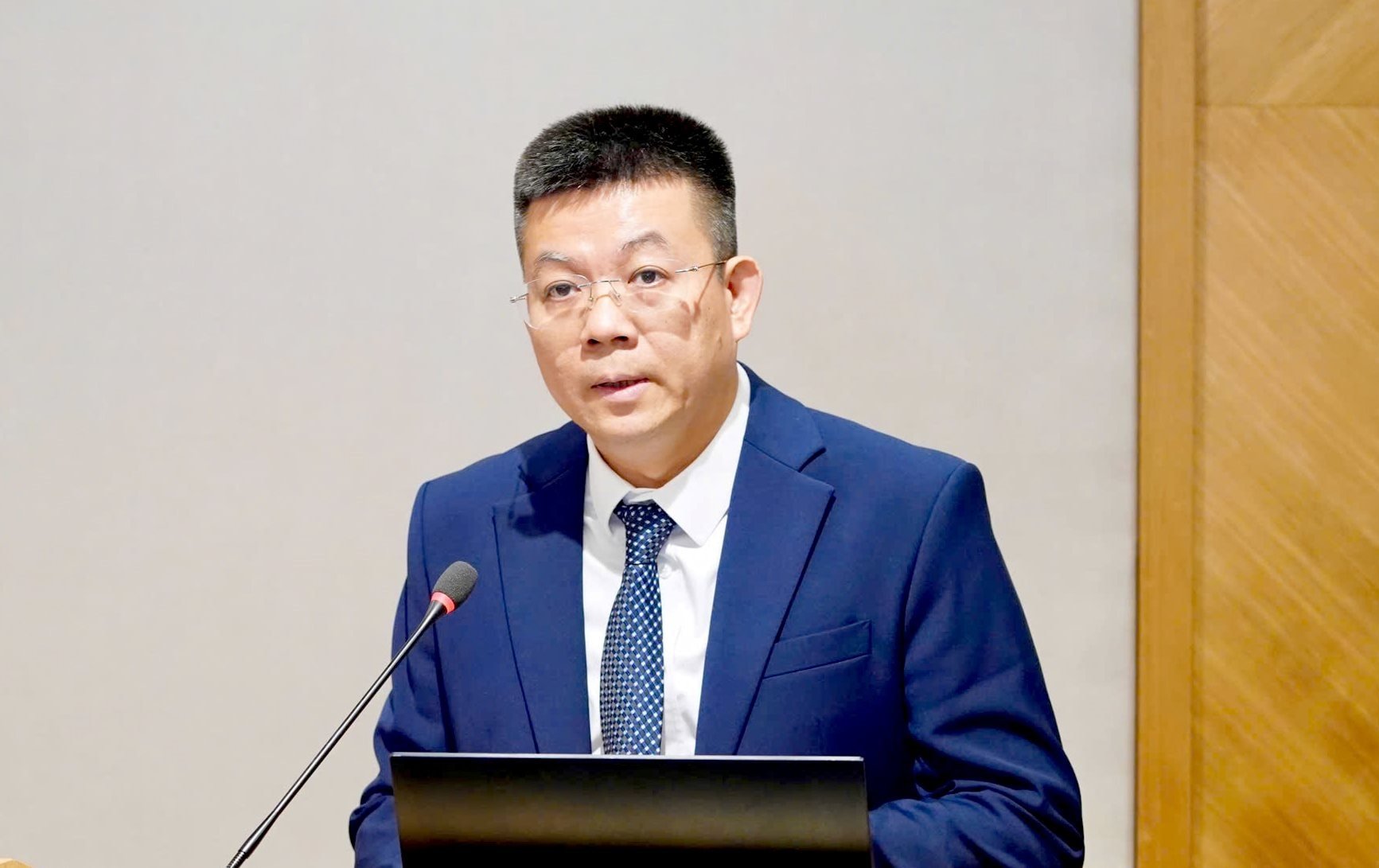
Director of VNNIC Nguyen Hong Thang.
The domain name “.vn” is free for people, businesses, and business households; opening new domain name spaces such as ai.vn, id.vn, io.vn. 666,500, 2nd in ASEAN, 38th globally, up 8 places compared to 2020.
The unit has made a breakthrough in IPv6 conversion with a rate of 65.5%, ranking 7th globally, 2nd in ASEAN with 3,693 technical personnel converting IPv6...
New thinking in telecommunications management
Discussing the trends in telecommunications development, Minister Nguyen Manh Hung said that telecommunications infrastructure from its inception until recently was the basic communication infrastructure (calling, texting). But now, telecommunications infrastructure has become the infrastructure of the economy. Without this infrastructure, it would be like having no electricity, no water. This is a very important transformation.
Following the development trend, telecommunications infrastructure has transformed into digital infrastructure. The concept of digital infrastructure will be much broader. On telecommunications infrastructure there is the Internet, on the Internet there is digital infrastructure. On digital infrastructure there is also physical digital infrastructure and on top of that are digital utilities, the Minister shared.
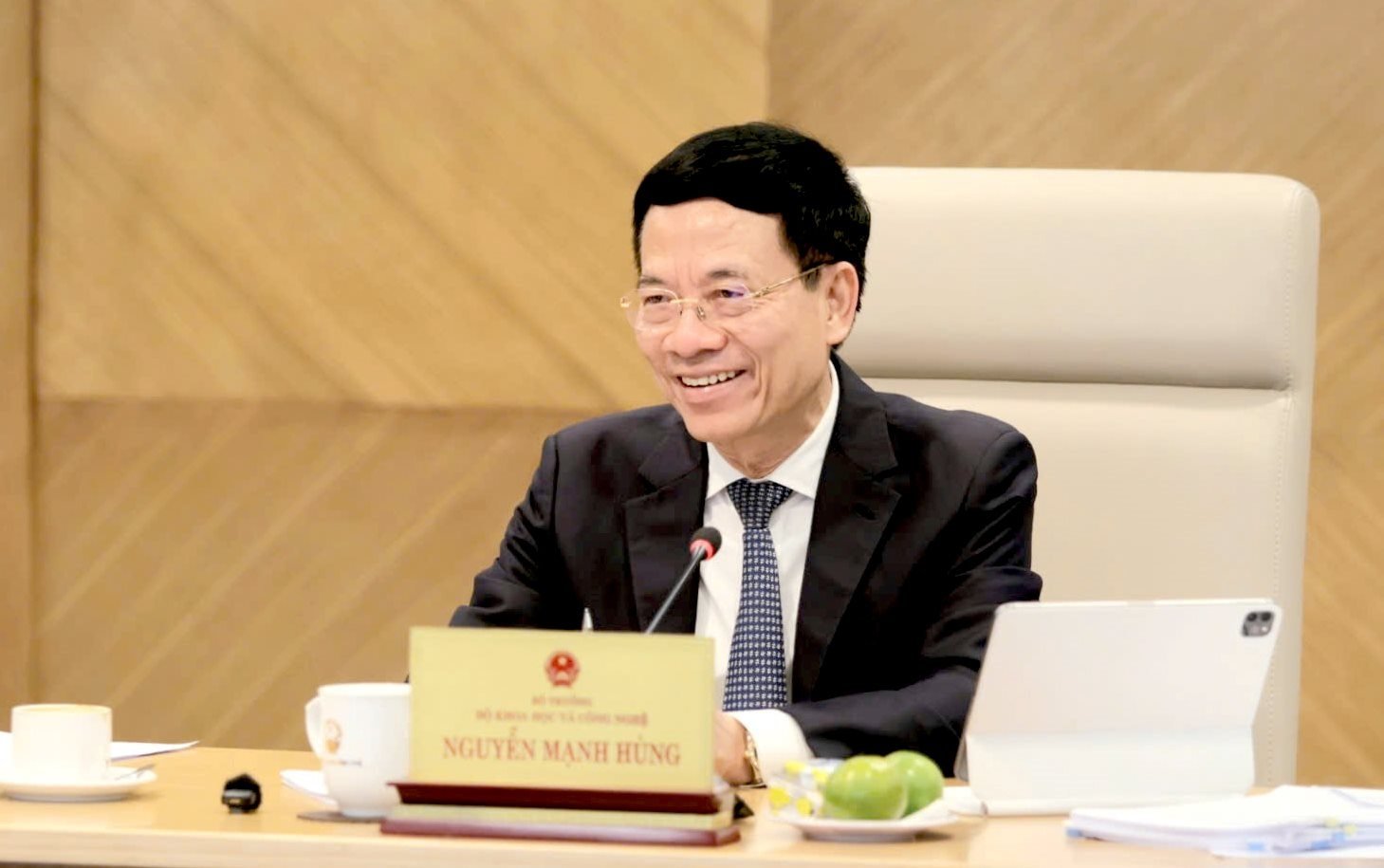
Minister Nguyen Manh Hung.
Until now, telecommunications has never been “compared” to transportation, it has only been considered important. The world trend is to shift from infrastructure management to digital platform management, so now we need to shift to digital platforms. Digital platforms are also a type of infrastructure.
The Minister noted a number of innovations that need attention. First is the need to shift from infrastructure management to digital platform and service management.
The second thing to note is innovation in competition. Vietnam has opened its telecommunications industry for more than 20 years but is still struggling to compete in infrastructure. Network operators compete to see who has a wider network and more stations. Now, instead of competing in infrastructure, it is time to share infrastructure. Network operators must share and cooperate to reduce prices and focus on services. Things like this force large network operators to share infrastructure with small network operators. VNPT and Viettel must share infrastructure with MobiFone.
Next, we need to pay attention to promoting price competition in services. This has not been promoted, so there are very few telecommunications services in Vietnam. Promoting price competition in services is a strategic change, the ultimate goal of which is service for the people, not infrastructure. At the same time, we must also promote virtual private networks in the true sense. We must wholesale capacity to small network operators so that they can innovate, create services for people to enjoy and compete in services. Therefore, promoting virtual mobile networks must have a strategy.
Along with that, we must innovate the management and supervision of service quality. Now we must supervise the quality of telecommunications services and digital services in real time. This is very important, that is, management has shifted from offline to real time. Real-time online management changes the nature of management. This is what is called supervision, which is the foundation of all inspection and examination activities.
Another important change in this monitoring is the monitoring of quality, network, service and publication. Publicly announcing the results of measurement, ranking and posting them on mass media is a way for network operators to "compete" with each other, the Minister pointed out.
Another innovation trend is green telecommunications. The Minister gave an example: if the efficiency of electricity use is below 70%, it needs to be eliminated. Or data centers (DC) consume a lot of electricity, so it is necessary to set standards on efficiency.
Next is the story of regulating telecommunications activities, such as assessing which network operators are monopolizing, which network operators are violating price policies, and manipulating the market on tariffs. The regulatory agency must monitor all real-time data to know whether the network operators have started violating monopolies or manipulating prices.
In addition, it is necessary to continue institutional reform and improve capacity in telecommunications management; develop standards and strategies. If necessary, standards can be converted into mandatory regulations.
The telecommunications sector also needs to train and develop Vietnamese officials to be able to participate in international organizations. This is a national strategy requested by General Secretary To Lam.
As a state manager, the Minister also noted that modern tools, technology, and labs are number one. Currently, the measuring and testing force is still manual. The management agency must be more modern than the network operator.
State management must be transparent. Transparency of information to the people about the quality of services. State management is publicizing data, statistics, and transparency. Through transparency to manage.
Regarding inter-sectoral management, the Minister said that currently, network operators are “stuck” in many ways and have to fumble around on their own. The Ministry of Science and Technology must “take charge” of this matter to help its industry develop and help network operators.
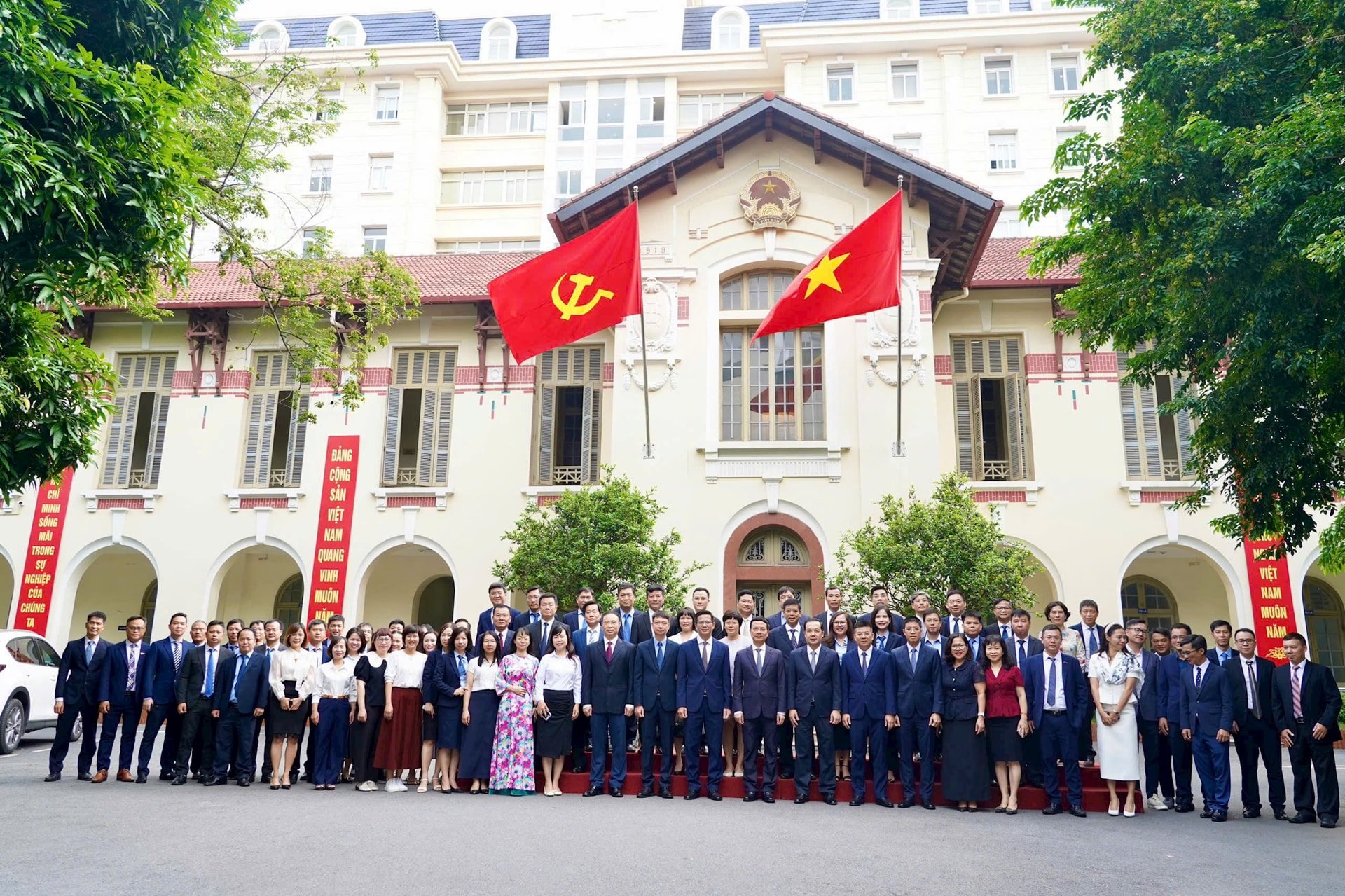
Minister Nguyen Manh Hung and Deputy Minister Pham Duc Long took photos with officials of 5 units.
Management must be more comprehensive
Summarizing the working session, Minister Nguyen Manh Hung noted that the key point for all 5 units is to operate more comprehensively, change perceptions, open up new spaces and new ways of operating to "gradually escape" the concept of hard infrastructure.
The telecommunications sector moving to digital infrastructure is the second innovation. Let’s not just focus on the word infrastructure anymore, but start with digital platforms and digital services. There are many concepts of network slicing, software-defined networking, network function virtualization, etc., which means that even the concept of the network is starting to “soften”. Service provision and capacity are also, in a sense, programmable. These are big trends.
The Minister hopes that units in the bloc will have a new awareness, but the important point is that management agencies have begun to lead businesses. “If management agencies do not lead businesses, businesses will “not respect or listen”.
"The State must now be modern. The State must be technological, the latest technology. The State must guide and create, not just follow behind," Minister Nguyen Manh Hung emphasized./.
Source: https://mst.gov.vn/quan-ly-vien-thong-phai-mo-ra-khong-gian-phat-trien-moi-197250726094835285.htm


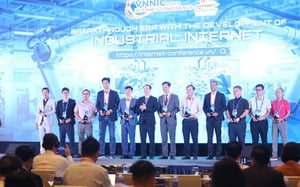
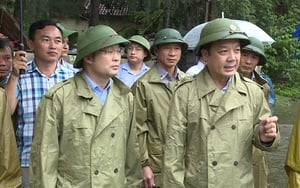
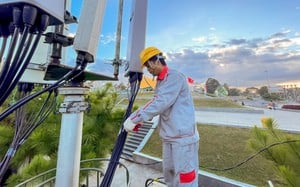
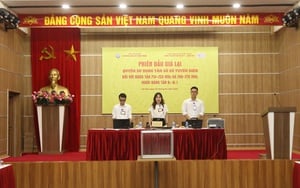
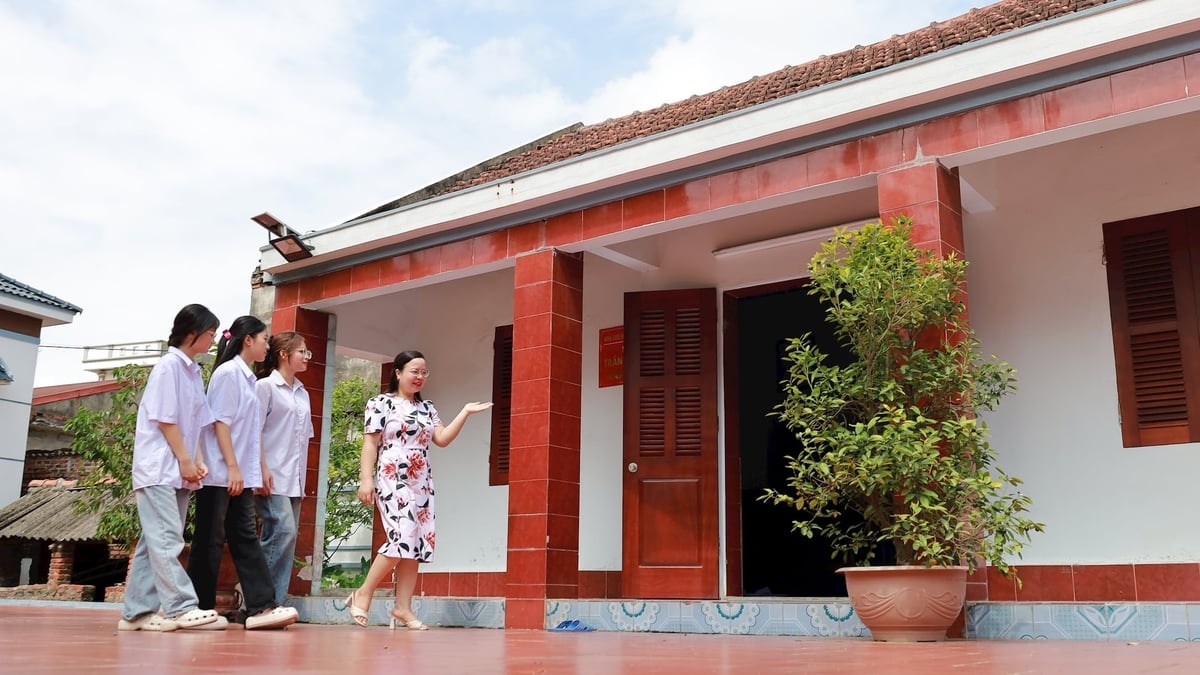

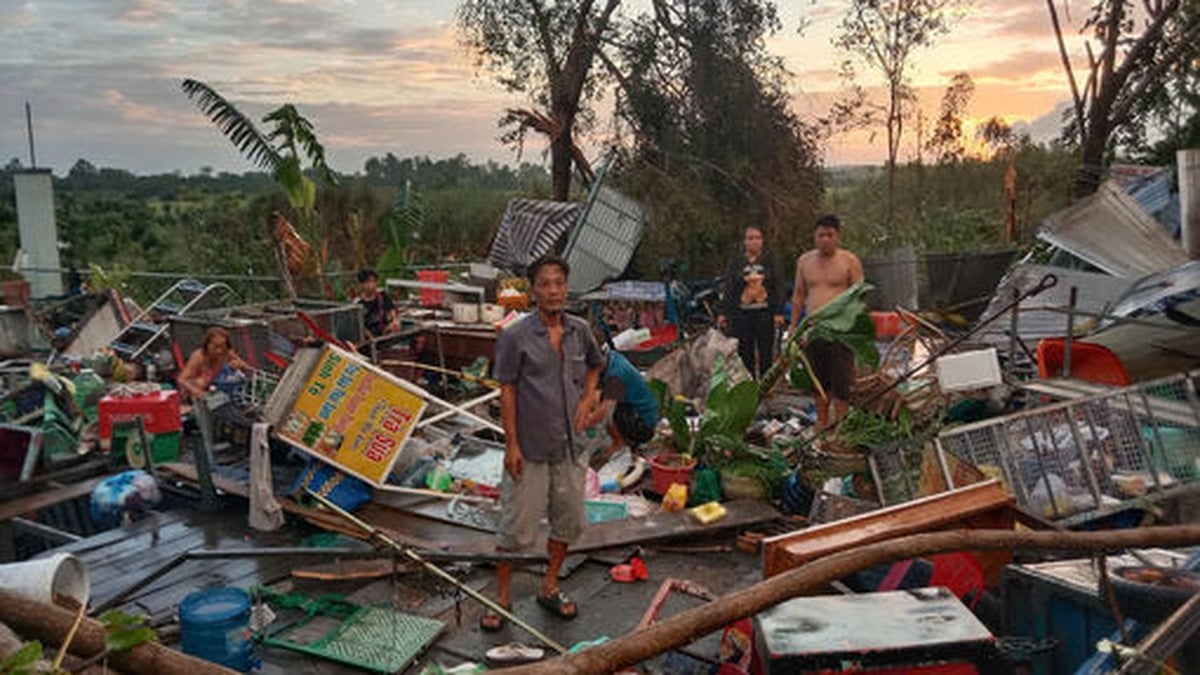





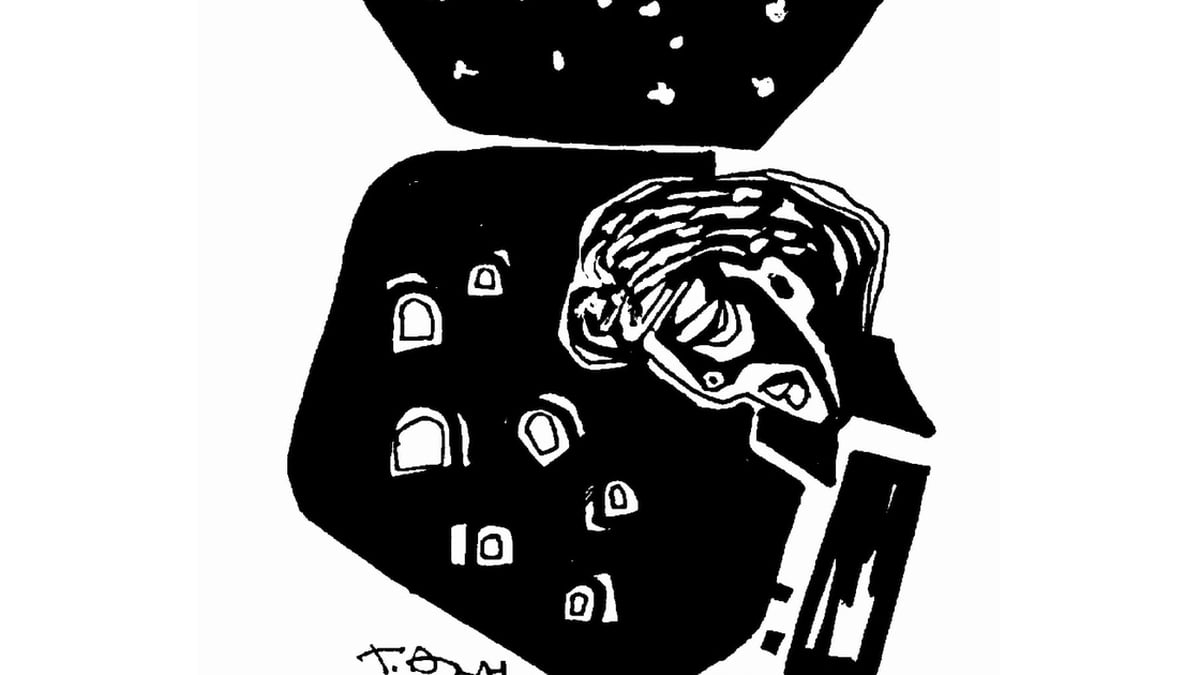
































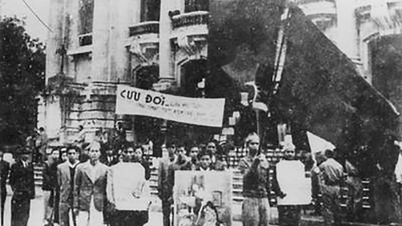























![[Photo] National Assembly Chairman Tran Thanh Man receives Chairman of Morocco-Vietnam Friendship Association](https://vphoto.vietnam.vn/thumb/402x226/vietnam/resource/IMAGE/2025/7/26/b5fb486562044db9a5e95efb6dc6a263)
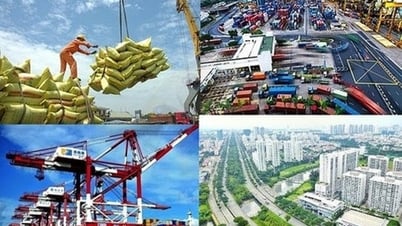


































Comment (0)